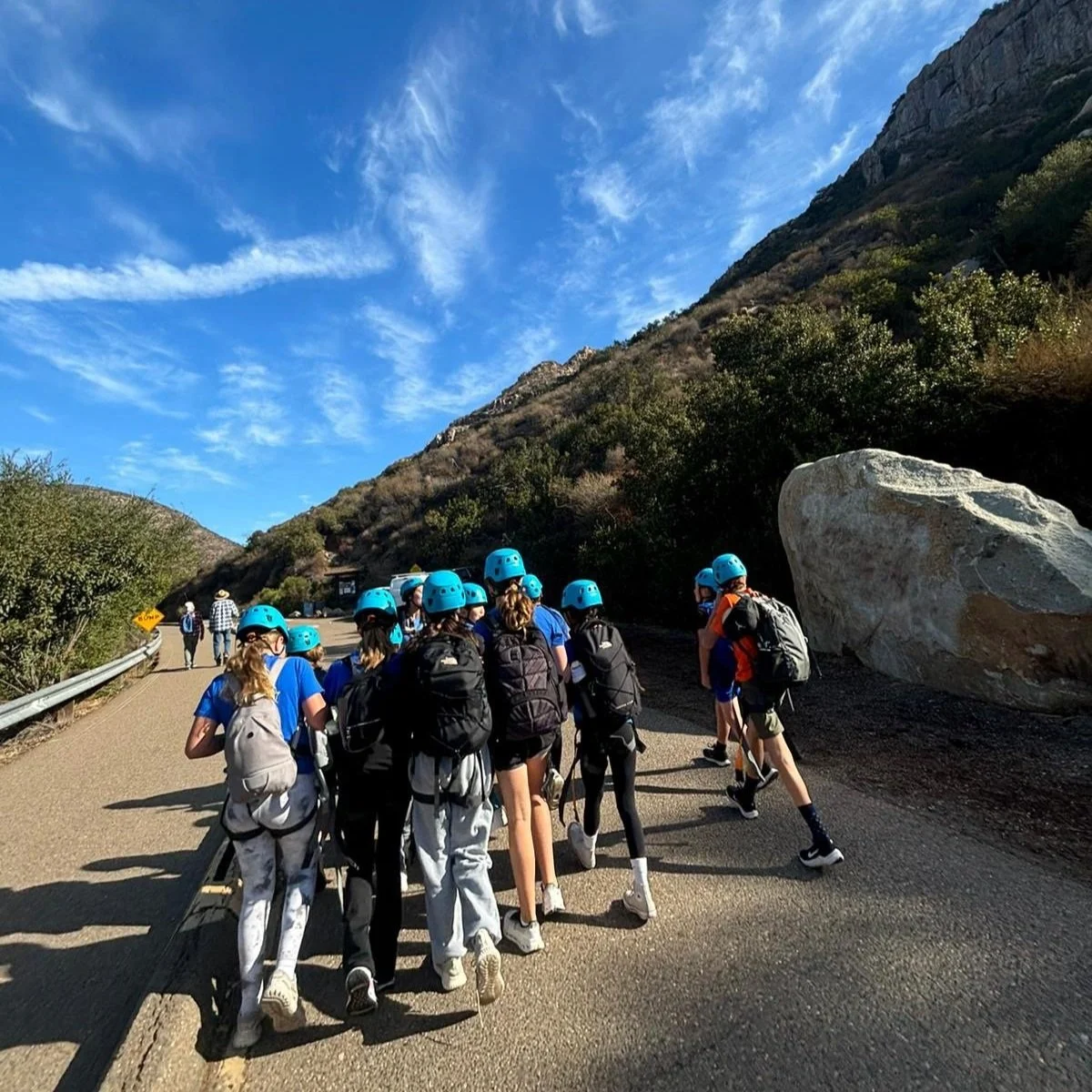The Mental Health Benefits of Outdoor Time
In our fast-paced, screen-saturated world, it's easy to overlook one of the simplest ways to support mental well-being: spending time outdoors. Especially for today’s kids who grew up in a screen-focused world. Whether it’s a walk through a park, a hike in the mountains, or just sitting in the sunshine, time spent in nature has been consistently linked to improved mental health.
One of the most immediate benefits of outdoor time is stress reduction. Being in natural settings helps lower cortisol levels, the hormone responsible for stress. The sights and sounds of nature—birds chirping, rustling leaves, flowing water—create a calming effect on the brain, similar to meditation. Even short periods outside can have a measurable impact, reducing anxiety and promoting a sense of calm.
Sunlight also plays a crucial role. Natural light boosts vitamin D levels, which are important for mood regulation and immune function. During the colder months, many people experience seasonal affective disorder (SAD), a form of depression linked to low light exposure. Regular time outside, even on overcast days, can help alleviate symptoms.
Outdoor activity often involves some level of physical movement, which is another key factor in mental wellness. Exercise stimulates the release of endorphins, the body’s feel-good chemicals. Whether it's a brisk walk, a bike ride, or gardening, physical activity outdoors combines the mental health benefits of movement with the therapeutic qualities of nature.
A key factor for children who are exposed to outdoor activities is also building Emotional Intelligence. Participating in outdoor adventure activities like hiking, kayaking, rock climbing, etc, forces kids to push themselves outside their comfort zone. This builds resiliency as they learn what it's like to challenge themselves and take on new challenges.
Spending time outside also helps foster mindfulness. It draws attention to the present moment, encouraging people to slow down and observe their surroundings. This shift in focus can reduce rumination—the repetitive, negative thinking often associated with depression and anxiety.
Not to mention the social connection part of outdoor activities. Hiking with friends, kayaking with a couple of classmates, or rock climbing with a small group from your school are all meaningful interactions, which are essential for emotional well-being and emotional intelligence.
A Positive Adventures outdoor education program, whether overnight or single-day trips, can help build a consistent relationship with being outdoors, expose kids and school chaperones to the amazing world of outdoor activities, and hopefully build a lifelong passion for being outdoors.


